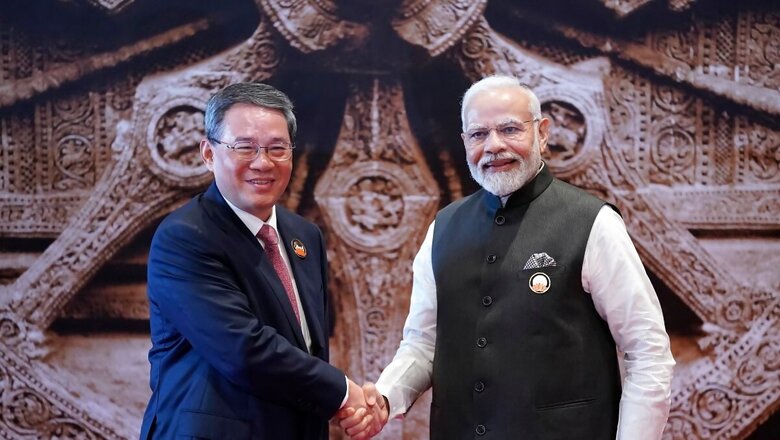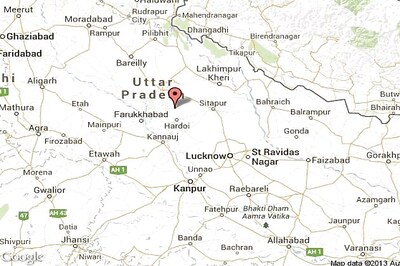
views
Last week, as the world had its eyes glued to the screens to take in the grandeur of the G20 Summit in New Delhi, a quiet faceoff was unfolding in the Capital’s Taj Palace Hotel centred on the Chinese delegation.
Sources told CNN-News18 that the Chinese delegation checked into the hotel with a spyware which caught the attention of the security agencies as it was “concealed in a bag and very unusual in size”.
“On asking for checking, the Chinese side refused to open the bag in the name of diplomatic immunity. Later, when it was escalated in the security by Indian agencies, they sent that bag to the Chinese embassy,” the sources added.
They also said the issue had been reported to the government by the security set-up in Delhi and it was up to the top brass now to raise the matter with the Chinese side.
Calling it “unusual” for a country to check in spyware, sources said: “It can’t be a security gadget because the delegation was already under high security as per international norms.”
The two-day summit was not an easy task for Premier Li Qiang — filling in for Chinese President Xi Jinping — as he endorsed the joint declaration stated to be the biggest success for host India which successfully navigated through the differences of China and Russia especially over Ukraine.
Li also had a difficult meeting with some of the Western leaders on the sidelines, especially Italian Prime Minister Giorgia Meloni, who has signalled Italy’s resolve to quit China’s famed Belt and Road Initiative (BRI) for its failure to bring the expected results to Rome.
Also, much to the disquiet of China, Prime Minister Narendra Modi on Saturday announced plans to launch the India-Middle East-Europe economic corridor which includes India, the UAE, Saudi Arabia, the European Union, France, Italy, Germany and the US.




















Comments
0 comment